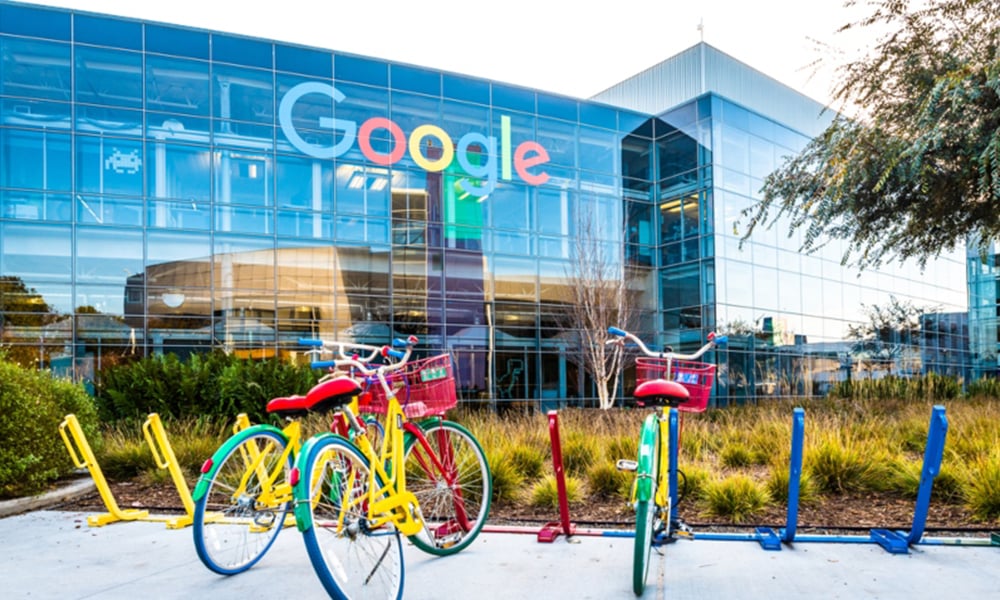‘No one has really figured this out and there is no single best practice’

Google has announced that most of its 200,000 employees and contractors should work from home through June 2021.
This extends by six months the previous deadline set by Google and affects other companies owned by its corporate parent, Alphabet, according to the Wall Street Journal.
The announcement follows that of job board Indeed last week in telling its employees around the world to stay home, at least until next summer.
The COVID-19 virus continues to challenge employers and their plans for returning many workers to the office. Earlier in July, almost four in 10 workers surveyed by Statistics Canada said they were not comfortable being back in the office.
However, many remote workers say the isolation of working from home is a challenge.
No right answer
There has been a deluge of media articles looking at the pros and cons of remote work, says Bhushan Sethi, joint global leader of people and organization at PwC in New York.
“Headlines have included: remote work revealing it flaws, employees are exhausted, people are missing human interaction, challenges with remote onboarding, concerns with firms’ ‘apprentice model’ culture, what is the purpose of the office, reopening is critical to economic growth and unemployment, essential workers deserve hazard pay and remote workers need customized benefits,” he said on LinkedIn.
“No one has really figured this out and there is no single best practice. Firms need to do what’s right for their business and stakeholders (employees, customers and community). Certainty is out and dynamic planning is in -- in fact, engaging in a planning process with the right inputs and perspectives is probably far more valuable than the plan itself.”
The office will make a strong comeback, but likely not for a while, says Sean Kelly, CEO at SnackNation in Los Angeles, on LinkedIn: “My prediction: 2022.”
Changing the recruitment landscape
Decisions like that of Google could substantially alter the job-search landscape, says Jack Kelly, founder and CEO of Werecruiter.io in New York.
For one, it may no longer matter where a person resides: “Google can seek out the best candidates —regardless of whether they live in close proximity to one of its offices or reside in another state across the country.”
And of course jobseekers won't have to feel stuck by only applying to jobs within a reasonable round-trip commute, says Kelly on LinkedIn.
“They could conceivably send their resumés to jobs based in a wide array of cities — far from where they currently live… It could be a huge cost savings to leave expensive cities, such as Los Angeles, San Francisco and New York, to lower-cost locations with less taxes, more reasonably priced homes and a better climate.”




